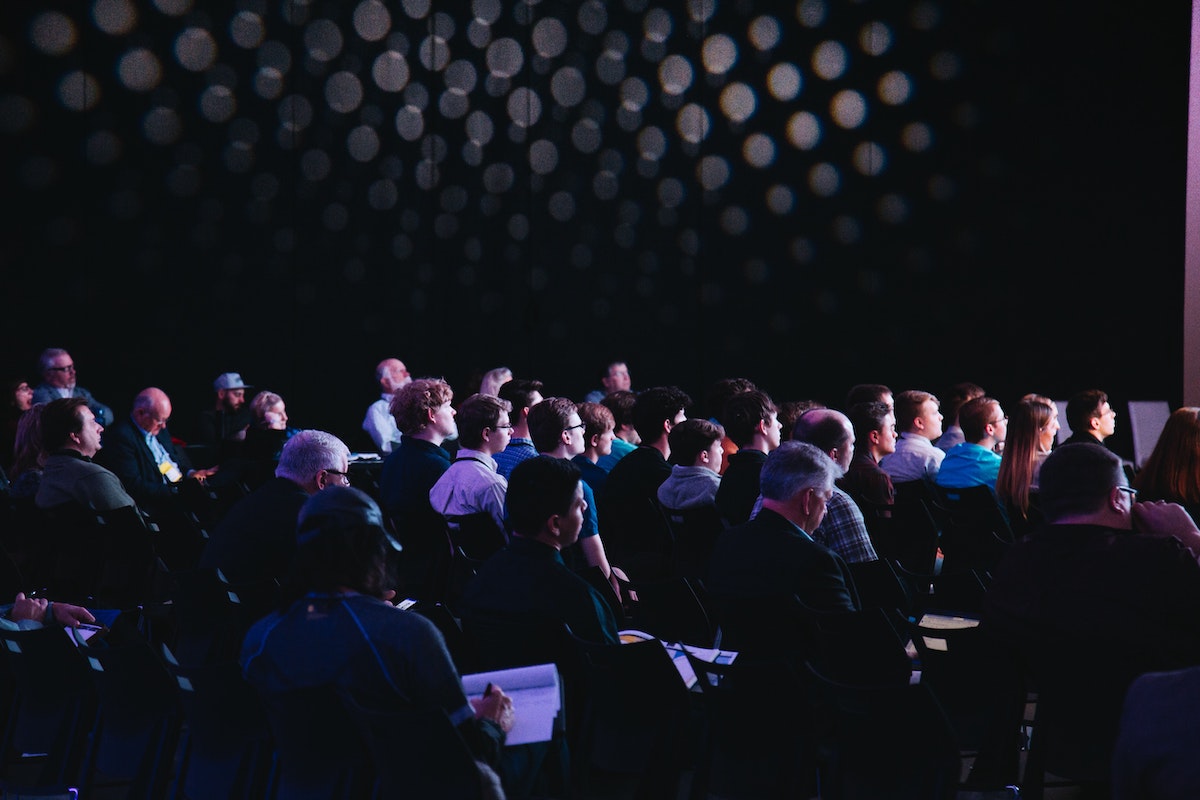Now? The lobby chatter is back. The name badges are swinging again. And the quiet deals that change industries are once more being inked over too-strong coffee at 7:45 a.m. in five-star hotels.

For nearly three years, conferences were ghost towns. Keynote halls sat empty, hotel ballrooms went dark, and billion-dollar industries built on networking scrambled to survive in digital exile.
Now? The lobby chatter is back. The name badges are swinging again. And the quiet deals that change industries are once more being inked over too-strong coffee at 7:45 a.m. in five-star hotels.
What casual attendees don’t realise is that the conference industry is one of the largest unregulated deal markets in the world.
One European media executive quietly admitted over drinks in Dubai this spring:
“The panels are theatre. The real business happens in the lift on the way to lunch.”
If 2010–2019 belonged to New York, San Francisco, and London, the new conference capitals are rotating faster than ever.
Behind the scenes, insiders are calling this “conference arbitrage”—where entire cities are reshaping their economic identity to lure in high-value convening.
At a recent global design conference in Europe, multiple attendees whispered about an off-record after-hours roundtable in a private penthouse suite. Allegedly, a handful of CEOs and policymakers discussed circumventing certain trade disclosure rules to accelerate a joint launch—an arrangement that, if true, will never appear in official press releases.
And then there’s the rumour that one major AI conference this year quietly swapped keynote speakers after a political donor objected to “controversial research” being given main-stage visibility. The official explanation cited “scheduling conflicts.”
On the surface, hybrid conferences are the great equaliser—letting remote participants join from anywhere. But privately, several organisers admit the livestreams are edited in real time to omit sensitive segments. The digital audience sees the performance; the in-person audience gets the truth.
This subtle divide is creating a two-tier information economy: attendees get the market-moving intelligence; online viewers get the marketing version.
If you aren’t tracking where, how, and with whom the world’s decision-makers are meeting, you aren’t just missing events—you’re missing the future.

Elon Musk’s $56 billion pay package, restored by Tesla shareholders after court challenges, made global headlines. But beneath the spectacle lies a deeper design flaw: the hero economy. In worshipping visionaries, capitalism has built cathedrals without conscience.

The U.S. Supreme Court’s reinstatement of restrictions on gender-inclusive passports has reignited a quiet crisis of belonging. It is not simply about travel. It is about who decides the architecture of identity—and whether selfhood must pass through permission.

A U.S. federal judge’s ruling to compel the reinstatement of food aid funding is more than a legal victory — it is a moral reckoning. Hunger, as this decision reveals, is never a natural disaster. It is a policy design flaw.